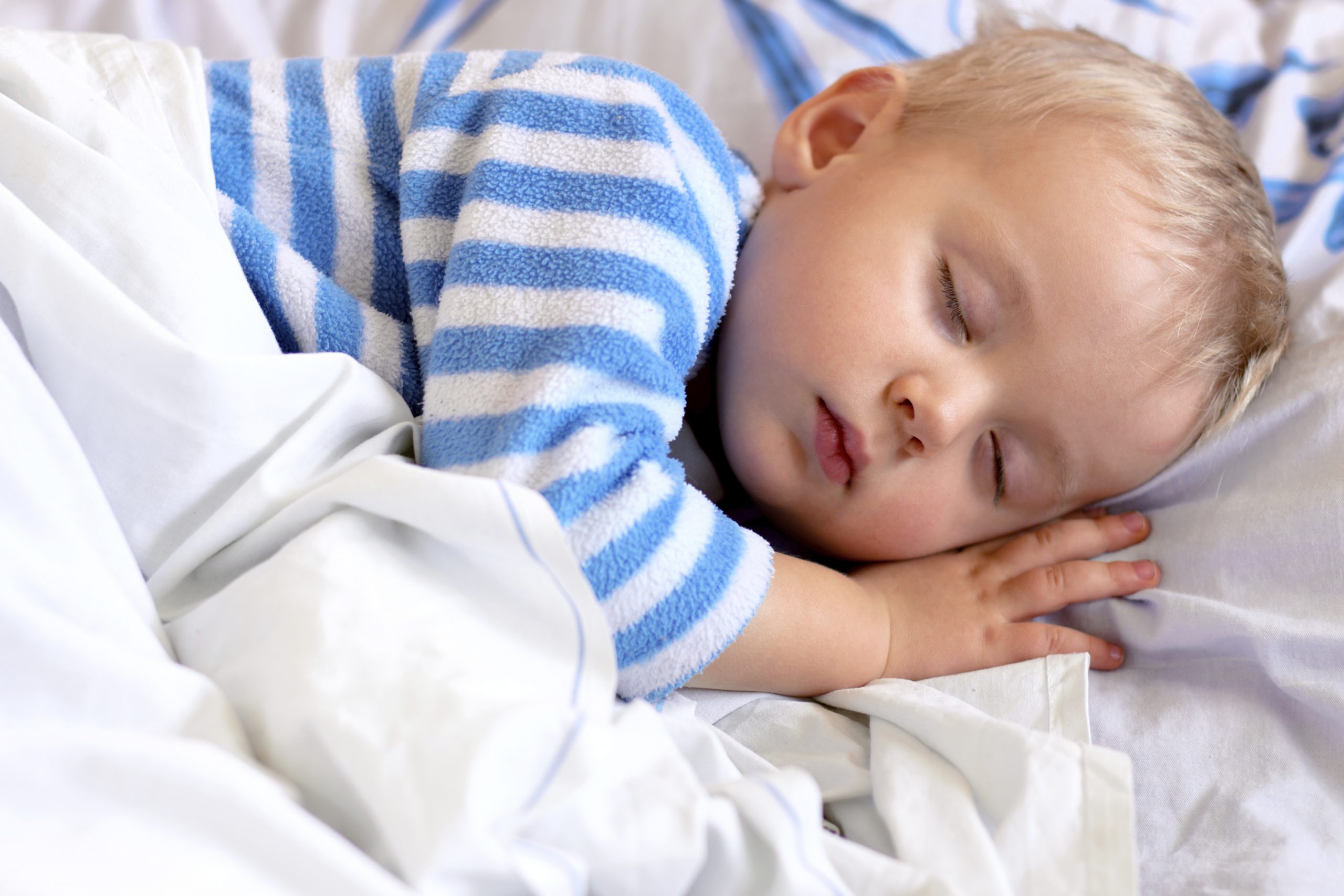Written by Good Night Consultant Amanda Pascoe

Sign Up For Our Newsletter
There’s a recent study to do with sleep all over scientific and parenting sites right now. The idea is that parents put their children to bed too early which causes night waking and restlessness. For anyone who has wrestled with the ‘just one more story/glass of water/kiss goodnight’ that’s enough to grab their attention. Especially because many experts advocate earlier bedtimes.
But what about the details? The study looked at melatonin production since increasing levels of melatonin in the body set off a cascade of effects that promote sleep. So far so good. It’s sensible that if you go to bed when you don’t have enough melatonin you won’t go to sleep easily. The idea was that children are being put to bed before their internal clock raises melatonin enough to make them sleepy. That makes total sense to me, and hopefully to you.
How did they do it? Parents gave phone or email reports on their child’s sleep and behaviour. They completed the Children’s Sleep Wake Scale (CSWS) – 25 questions answered on a scale (always, sometimes, never). Only 10 questions were examined in the study. There were two ways of collecting physical data: an actigraph (which records sleep-wake states by measuring activity, kind of like a pedometer counts your footsteps as you walk) and measuring the levels of melatonin in saliva.
They collected samples and calculated the time that the melatonin levels stayed above a threshold (a ‘well accepted standard’ to quote the study). They found that on average bedtime was 8:08pm and the melatonin threshold was reached at 7:40. The shorter the time between reaching the threshold and being put to bed, the more difficulties there were falling asleep. That makes sense – it takes time for the melatonin to work. Maybe there is something to this after all.
But the study itself says that there are ‘several limitations’ including only using children that nap (is the threshold reached earlier for those that don’t nap?), that it’s difficult to tell when children have fallen asleep without physically checking (why didn’t they give the parents video monitors?), and that more research needs to be done on the effects of the time between the threshold being reached and bedtime (can you wait too long after the threshold is reached?)
That was their list, I can list a few more: The sample size was 14. I know. I thought that you would have had proof with a sizable selection of the population. I know fourteen Moms – if we discovered a similarity between our children we wouldn’t think that it applied to every child!
The study was 6 days long – that’s pretty short to be talking about what ‘always’ happens 365 days of the year! What about the activities leading up to bedtime? What if they were watching television or playing video games until bedtime? They have been shown to stimulate the brain so won’t it take longer to go to sleep anyway? Does the length of the bedtime routine affect how quickly children go to sleep after that threshold has been reached? What about people living in places where the days are different lengths? (I actually would love to see a study of melatonin levels and sleep in places such as Whitehorse in the Yukon).
There are things in this study that make sense to me – if you go to bed and your body is not ready to sleep you won’t go to sleep and when you do, it won’t be the greatest quality sleep. But a sample size of fourteen in a 6 day study, with ‘good sleepers’ and a lot of variables not examined; that just doesn’t seem to me to be a base for something making a blanket statement of ‘parents are putting their kids to bed too early’. That’s just me, I like to dig a little deeper into the things that help me make decisions for my family – hopefully now you do too.










